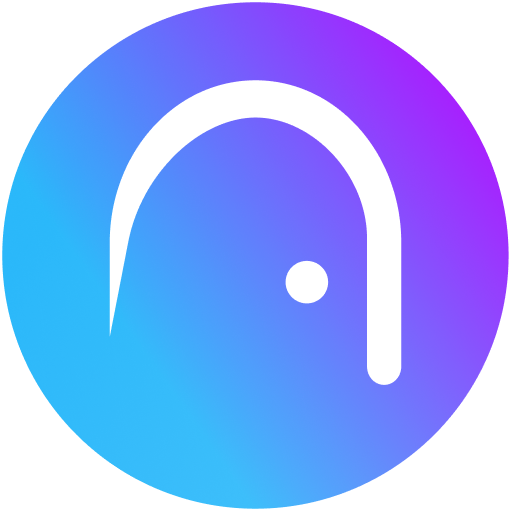What are DAOs?
A DAO is a collectively-owned, blockchain-governed organization working towards a shared mission.
DAOs allow us to work with like-minded folks around the globe without trusting a benevolent leader to manage the funds or operations. There is no CEO who can spend funds on a whim or CFO who can manipulate the books. Instead, blockchain-based rules baked into the code define how the organization works and how funds are spent.
They have built-in treasuries that no one has the authority to access without the approval of the group. Decisions are governed by proposals and voting to ensure everyone in the organization has a voice, and everything happens transparently on-chain.
DAO membership
Token-based membership
Usually fully permissionless, depending on the token used. Mostly these governance tokens can be traded permissionlessly on a decentralized exchange. Others must be earned through providing liquidity or some other ‘proof-of-work’. Either way, simply holding the token grants access to voting.
Typically used to govern broad decentralized protocols and/or tokens themselves.
Share-based membership
Share-based DAOs are more permissioned, but still quite open. Any prospective members can submit a proposal to join the DAO, usually offering a tribute of some value in the form of tokens or work. Shares represent direct voting power and ownership. Members can exit at any time with their proportionate share of the treasury.
Typically used for more closer-knit, human-centric organizations like charities, worker collectives, and investment clubs. Can also govern protocols and tokens as well.


